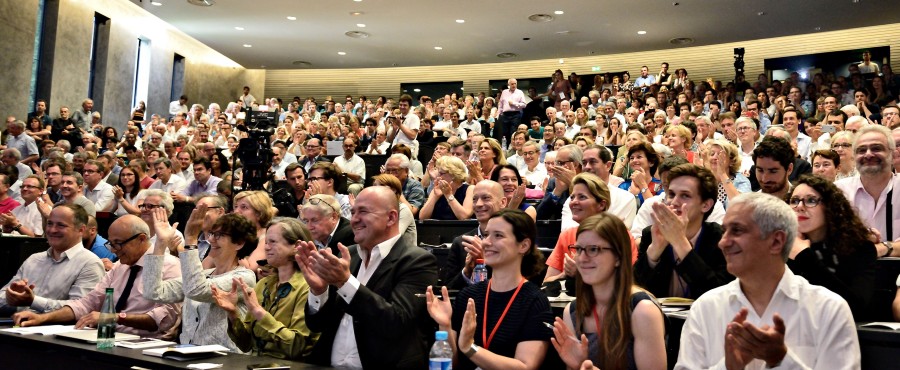2 Jul 2016
Time To Bury Keynes?
Session 22

In the 1930s, Keynes revolutionised economic analysis, stating that where there is an underemployment equilibrium, the state should substitute for private agents to stimulate global demand. His conclusions inspired the “stop and go” monetary and fiscal policies introduced in OECD countries over the following decades.
While these were widely challenged in the 1970s, mainly due to the decreased effectiveness of stabilisation policies in the open economy, Keynesian reflexes still persist as shown by the expansionary monetary and fiscal policies implemented after the 2007-2008 financial crisis, for example.
Most OECD countries are going through troubled time: fiscal policy appears to be restricted by certain thresholds that must not be exceeded, while monetary policy is mainly expansionary. Economic policies are not therefore entirely Keynesian, but nor are they completely liberal. How does Keynes’ input persist in today’s economic policies and how much of it should we really retain?







